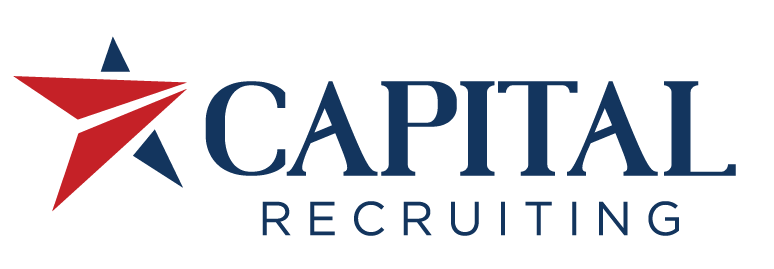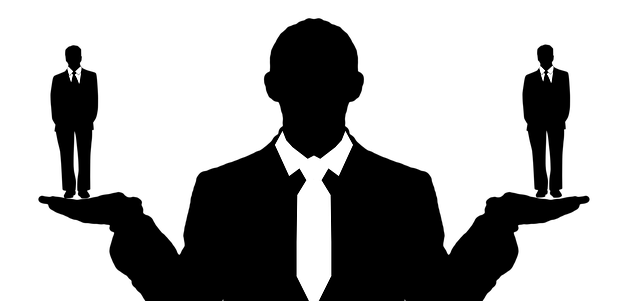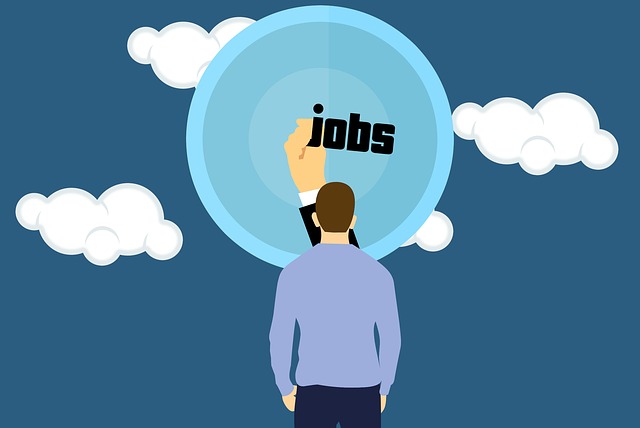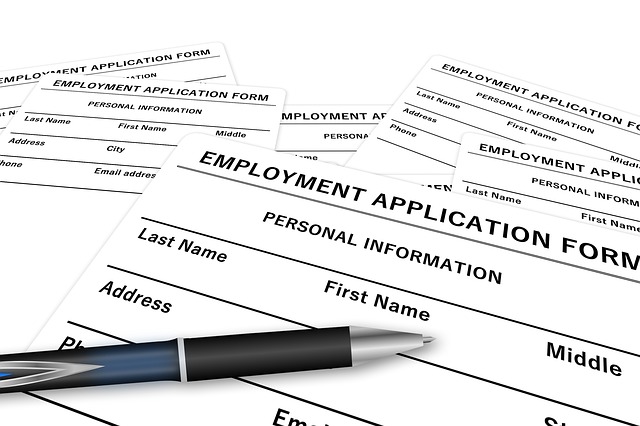
What Values Do Capital Recruiting Offer As A Staffing Agency?
January 20, 2021
What Skills Are Most Desirable For A CIO?
January 26, 2021What is the Difference between Recruiter vs. Career Coach? A Detailed Explanation
There are many different roles and levels involved in connecting a potential candidate with a company who is looking for the right talent. Two such prominent roles that act as bridges between the two groups are recruiters and career coaches. Contrary to what many people think, recruiter and career coach are not synonymous. Instead, they are two completely different roles that find a place in the recruiting gambit.
So, let us dig into the two roles and the differences.
Basic Explanation
Let us start with explaining the differences. A recruiter is someone who finds the right candidates for job openings to meet the needs of the company. In other words, a recruiter takes responsibility for filling an organization’s position with the right candidate through the existing hiring process of the organization.
On the other hand, a career coach works with an individual candidate to prepare them to get a job. A career coach grooms an individual to take up a particular role or position within an organization and performs well in it.
Job Profile
The job profile and some of the everyday tasks performed vary significantly between a recruiter and a career coach.
Job Profile – Recruiter
From a job recruiting perspective, a recruiter is responsible for,
- Meeting the hiring manager to understand the exact role and the qualifications expected from the organization.
- Sourcing candidates and attracting the right talent through a wide variety of channels such as traditional advertisements, social media platforms, messaging groups, etc.
- Serving as a brand ambassador of the company so the benefits of taking up a particular job are well explained to potential candidates
- Being the main point of contact between the potential candidates and the hiring manager.
- Taking end-to-end responsibility for bringing together candidates and the organization’s needs.
Job Profile – Career Coach
Let us look at the job profile of a career coach.
- Works with individuals to groom them to be successful in a particular role or industry
- Conducts individual or group sessions, as the case may be.
- Imparts essential business knowledge needed for the job.
- Prepares the candidate to have the right mental skills such as leadership, confidence, communication, and more.
- Identifies the specific weaknesses of an individual and works with that person to correct or improve on it.
Thus, from a job profile perspective, a recruiter is more associated with the hiring organization. A career coach is more associated with the individual candidate who is looking for a particular position.
It also merits noting that the career coach can also be associated with candidates who are currently in a job and want to move to a higher position. Job recruiting is more closely associated with a vacant job position.
Remuneration
The remuneration varies significantly for both a career coach and an employment recruiter.
Remuneration – Recruiter
Most times, the recruiter works on a commission basis. An employment recruiter, however, gets paid a certain percentage of the hired candidate’s salary, only after the successful hiring process.
Remuneration – Career Coach
Career coaches received fixed remuneration. The remuneration does not change based on performance. This means a career coach charges a certain amount that has to be paid ahead of time or in installments throughout a program. Monthly payments may also be made instead of one-time payments.
Difference between Recruiter and Career Coach – Remuneration
The hiring company pays the recruiter while the company or individual who wants to improve pays the career coach. There are some cases where the recruiter may charge a specific commission from the hired candidate. A company may pay a career coach to groom a group of individuals to the next level.
Further, the company will pay the recruiter a commission only when a job recruiting process is successful, and a position. A career coach can get paid, regardless of the hiring process.
Work Process
Let us understand the difference between a recruiter and a career coach with a practical example of their tasks and responsibilities.
Work Process – Recruiter
Just have a look on the example for your understanding. A company is looking for a manager with an annual salary of $200,000. The employment recruiter reaches out to many candidates. He pre-screen them, and brings down the list of potential candidates to about three.
Next, the recruiter presents all three candidates to the organization looking to fill the managerial position. The HR personnel of the company take over and put the three candidates through the hiring process. Eventually, the HR Personnel selects one from the three. That person is hired and joins the company.
Now, the recruiter and the organization have agreed on a 30% commission earlier, so this person gets 30% of $200,000, which is $60,000 for this job recruiting effort.
What happens if none of the three candidates were selected? The company will not pay the recruiter and may have to go back looking for the right talent. In the meantime, if the organization decides to fill the position through internal recruitment, then the recruiter gets no payment at all for the job recruiting efforts.
Now, it is important to understand that the payment terms for job recruiting can vary greatly between organizations and recruiting organizations or individual recruiters. In general, this is how the model works.
Work Process – Career Coach
A career coach is responsible in shaping an individual to serve in a particular role. The coach will conduct group learning sessions or individual sessions to impart vital concepts to the individual. The coach may also conduct many practical exercises to groom an individual to improve in a particular area.
Since these sessions are tailor-made, the exact process and duration would depend on the coach and the individuals attending them.
Difference between Recruiter and Career Coach – Work Process
To conclude, a recruiter and a career coach perform entirely different tasks in the world of recruiting. One acts as a bridge between potential candidates and the hiring organization, and the other grooms an individual for a particular position.
How Capital Recruiting bridges the Gap?
We are not only recruiters who work with companies, but also career coaches and consultants to help you land the job of your dreams. Contact us now or send us your resume and we will get in touch!




